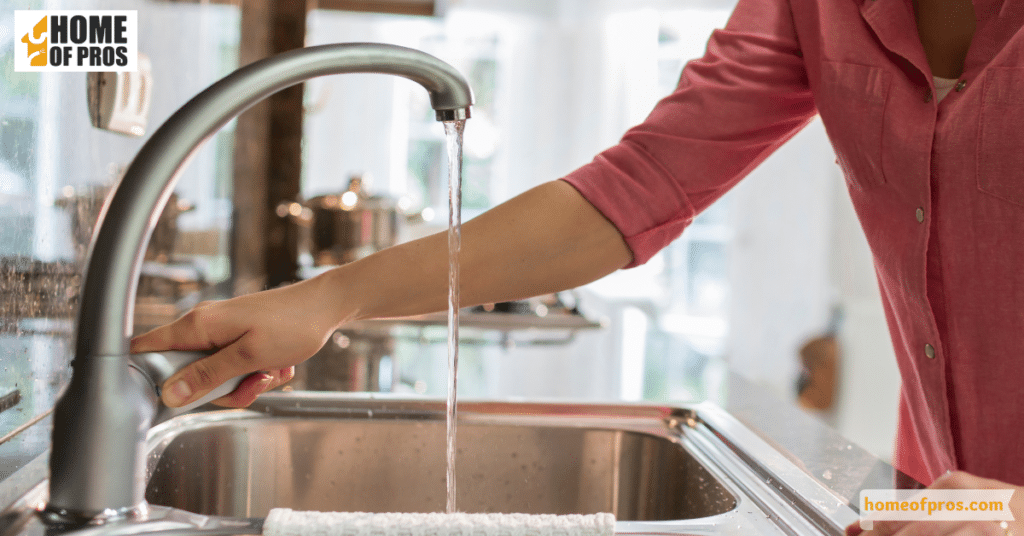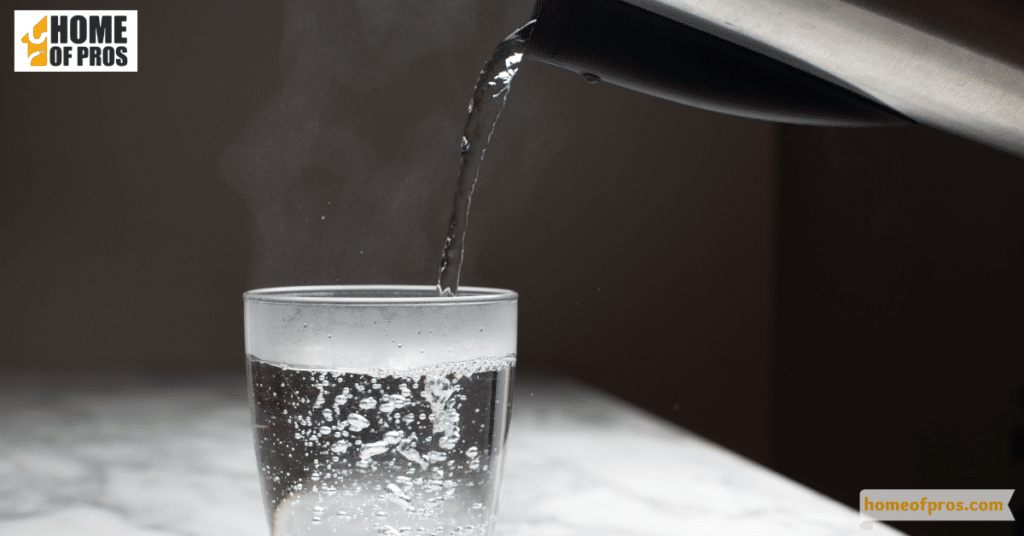Your water heater might be trying to tell you something. If you notice unusual noises, rusty water, or a sudden spike in your energy bills, these are clear signs that your water heater needs maintenance. Don’t ignore these signals; schedule a check-up to ensure your hot water supply stays reliable and energy-efficient.
Few household appliances are as essential as the water heater. It ensures we have hot water for showers and daily chores. However, neglecting its maintenance can lead to issues. This article aims to highlight six key signs that indicate the need for water heater maintenance, helping you keep this essential appliance in top shape.

1. Rusty Water
When you turn on your tap and notice discolored or rusty water flowing out, it’s not just an aesthetic issue—it’s a red flag indicating potential water heater problems. This unsettling discoloration is often caused by several factors, including sediment buildup, corrosion, or a deteriorating anode rod within your water heater.
Sediment, which naturally accumulates over time, can lead to rusty water. As the sediment settles at the bottom of your tank, it can corrode, affecting the quality of the water. Corrosion, a common issue in older water heaters, can cause rust to leach into the water supply. Additionally, an anode rod is a sacrificial component in your water heater that prevents corrosion by attracting harmful minerals and elements. When this rod deteriorates, rust can enter your water.

2. Unusual Noises
Your water heater might not be a maestro, but it can produce an unsettling symphony of sounds when it’s experiencing problems. If you hear popping, banging, or hissing noises emanating from your water heater, it’s time to pay attention.
Popping sounds are often caused by the heating of sediment buildup at the bottom of the tank. As the sediment heats and expands, it creates these audible pops. Banging noises can indicate more serious issues, such as a malfunctioning heating element, which can lead to inefficient heating or, in some cases, no hot water at all. Hissing sounds may suggest a valve issue, which can impact pressure and temperature regulation.

3. Inconsistent Hot Water Supply
Few things are as frustrating as stepping into a shower expecting a warm cascade of water and getting an icy surprise instead. An inconsistent hot water supply can disrupt your daily routines and lead to unhappy mornings.
Thermostat issues, a common cause of inconsistent hot water, can result in water that’s too hot or too cold. Alternatively, water leaks within the water heater or its plumbing can dilute the hot water supply, leading to temperature fluctuations. When this happens, it’s essential to identify the source of the problem.
To troubleshoot inconsistent hot water, start by checking the thermostat settings. Ensure they are correctly calibrated and set at the desired temperature. Next, inspect your water heater and plumbing for any visible leaks. Regular maintenance is crucial in preventing such disruptions.

4. Water Leaks
Discovering a water leak around your water heater is more than just an inconvenience; it’s a warning sign of potentially significant problems. Water leaks can lead to property damage and costly repairs if left unchecked.
Common sources of water leaks in a water heater include a faulty pressure relief valve, a corroded tank, or deteriorated plumbing connections. A malfunctioning pressure relief valve can cause excess water to be discharged, leading to leaks. Corrosion in the tank or rusted plumbing connections can create weak points that may spring leaks.
If you encounter a water heater leak, swift action is essential. Start by shutting off the power supply to the water heater and turning off the water supply. Next, contact a professional plumber to assess the situation. Ignoring a water leak can result in more extensive damage to your property and significantly higher repair costs.

5. Increased Energy Bills
Have you noticed your energy bills steadily climbing despite no significant change in your household’s energy usage? Your water heater might be the culprit. A poorly functioning water heater can significantly impact your overall energy consumption, leading to higher bills.
The inefficiency of your water heater can manifest in several ways. Sediment buildup within the tank can insulate the heating element, forcing it to work harder to heat water. Corrosion can reduce heat transfer efficiency, resulting in longer heating cycles. Additionally, leaks can lead to wasted energy as the water heater continually heats incoming cold water.

6. Strange Odors
Unpleasant odors emanating from your water supply can be a surprising indicator that your water heater needs attention. These odors are often caused by the presence of bacteria in the water heater tank.
The warm and stagnant water inside the tank can create an ideal breeding ground for bacteria. When bacteria multiply, they can produce foul-smelling gases, resulting in a distinct rotten egg or sulfur-like odor in your hot water. While these bacteria are generally harmless, their presence can be off-putting and affect your overall water quality.

In conclusion
Your water heater is a crucial appliance that requires attention when showing signs of trouble. Recognize these six key signs—rusty water, strange noises, inconsistent hot water, water leaks, high energy bills, and unusual odors—as warnings that maintenance is needed. Ignoring these signals can lead to costly repairs and inconvenience.
Regular professional maintenance is an investment that ensures your water heater’s longevity and reliable hot water supply, saving you both money and stress in the long run. Stay vigilant, act promptly, and enjoy the benefits of an efficient water heater for years to come.












